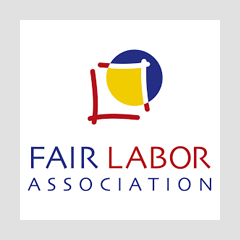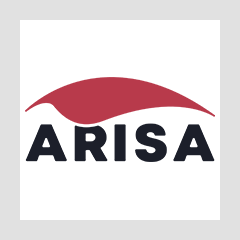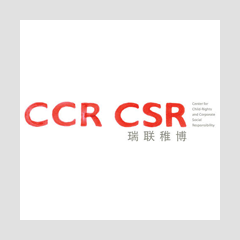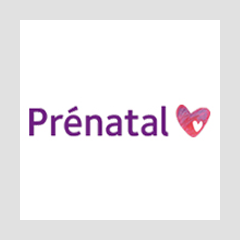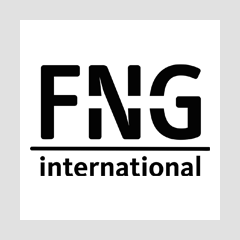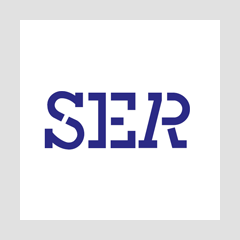India: Remedies Towards a Better Workplace
Grievance Redressal Mechanism in South-India Garment Spinning Mills and Collaborative Supply Chain Mapping
For the Dutch brands Tamil Nadu is an important region being one of the most important garment and textile manufacturing hubs. The brands learn how they can best support and collaborate with their suppliers and relevant stakeholders for meeting social standards and for achieving greater traceability and transparency. Based on what is already achieved and on having the collaboration of good partners in the area, Tamil Nadu was chosen as the focus area for this multi-stakeholder project.
The project brings together a group of forward looking companies based in the Netherlands, and their supply chain partners (agents, garment manufacturers, textile and spinning mills) in India to:
- Strengthen policies and practices of suppliers in Tamil Nadu for them to become front runners in embedding social standards including on Child and Forced Labour, Sexual Harassment prevention at Workplace Act and the Industrial Disputes Act in their day to day functioning
- Collaboratively map the upstream garments and textiles supply chain
Objectives:
- Strengthen Worker Committees in 20 garment factories and spinning mills in Tamil Nadu
(or set up and train if none are in place) - Help establish concrete policies and procedures in participating suppliers and spinning mills so that they are able to identify and remediate labour issues in a timely manner, including those at their (sub) suppliers
- Map the upstream supply chain of participating companies and suppliers including subcontractors and (material) suppliers
Implementation Strategy
Element 1: Working with the factories and mills
SAVE (Indian NGO)
engages with the management of factories and mills, seeking cooperation
to achieve adherence to Indian and Tamil Nadu
laws, regulations and social standards, and setting up structures as required by these laws and regulations. In every spinning mill and factory involved in the project, the aim is to achieve:
- Independently functioning Workers Internal Compliance Committees (WICC), as per the Sexual Harassment at the Workplace Act
- Workers Grievance Redressal Committees (WGRC), as per the Industrial Disputes Act
- Functional and transparent policies and procedures to prevent and address child labour and forced labour risks.
Element 2: Supply chain mapping with brands and business partners
The Dutch brands collaborate with their suppliers to map the supply chains in Tamil Nadu. The Fair Labor Association (FLA) supported the supply chain mapping activities starting from the headquarters of the companies based
in the Netherlands. Tools
and advisory services were developed to conduct supply chain mapping of sub-suppliers. New facilities identified were invited to join the project to implement Element 1 of the project.
Five topics for WGRC and WICC trainings
- WICC members must possess the knowledge to effectively carry out their role. That includes a sound grasp of the Act, Vishaka Guidelines, applicable Service Rules, relevant laws, policies and an understanding of workplace sexual harassment and related issues.
- Complaints Committee members’ skills must include an ability to synthesis information i.e. relevant documents, the law and interviews.
- Complaints Committee members should be able to communicate effectively, write clearly, listen actively and conduct interviews.
- Complaints Committee members should be competent at showing empathy, being impartial and being thorough.
- Complaints Committee members should be able to identify sexual harassment, child and forced labour risks and its impact.



